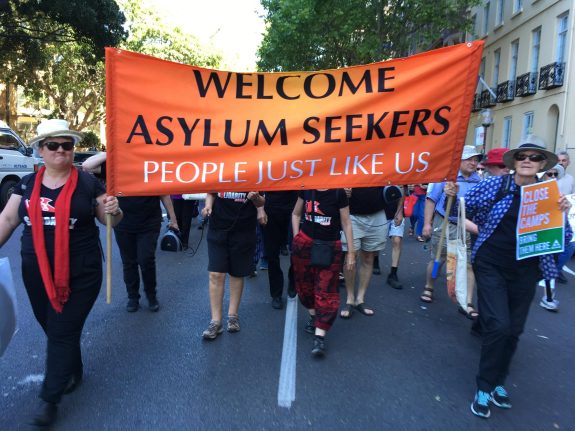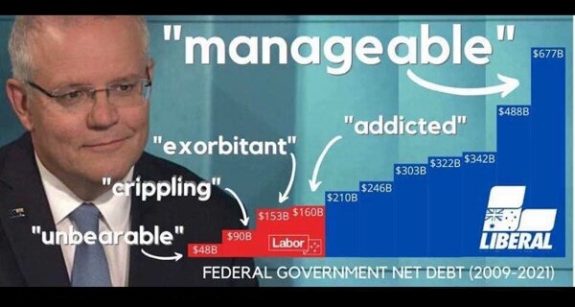By Evan Jones and Peter Murphy
 George Venturini (pictured) was a larger than life figure who attracted admirers but also detractors on account of his forceful personality. He was a public intellectual with only a minor public in Australia, not least because of the mainstream media’s indifference to his presence and contribution. His conflict with the then Fraser government over the effectiveness and fate of the Whitlam-inaugurated Trade Practices Commission, and his disdain for the corruption in Australian politics in general, makes his life of relevance to political economists.
George Venturini (pictured) was a larger than life figure who attracted admirers but also detractors on account of his forceful personality. He was a public intellectual with only a minor public in Australia, not least because of the mainstream media’s indifference to his presence and contribution. His conflict with the then Fraser government over the effectiveness and fate of the Whitlam-inaugurated Trade Practices Commission, and his disdain for the corruption in Australian politics in general, makes his life of relevance to political economists.
Venturini died peacefully on 13 May, 2022, aged 93. He was living near Morwell in Gippsland, Victoria, with his wife Lorraine.
Dr Venturino Georgio Venturini was born in Massa Superiore (now Castelmassa), Italy, in September 1928. He graduated in classics, arts, social sciences and in law through the universities of Ferrara, Italy, and Northwestern, Chicago – B.A., B. Litt., Scientiae Juridicae Doctor (1955), Soc.Sc.Dip., LLM. He practiced and taught law in Italy until 1958, when he took up post-doctoral studies at Northwestern University until 1962. After that he held chairs in Canada and the United States, and taught at universities in Singapore, Malaysia., in Queensland during 1966-72, and in Victoria during 1982-93, retiring in 1993. In retirement, he maintained formal links with Monash University, as Senior Research Associate in the School of Political and Social Inquiry, and with Swinburne University, as an Adjunct Professor at the Institute for Social Research.
Grantee, fellow and researcher at some 20 national and international institutions, George advised governments in the United States, Malaysia and Australia. He served the Whitlam government (1975-77) as Trade Practices Commissioner, and the Wran government (1977-82) as Special Adviser on Corporate, Securities and Trade Practices law.
George wrote eight books, four of them on Australia: Malpractice – The Administration of the Murphy Trade Practices Act; Partners in Ecocide – Australia’s complicity in the uranium cartel; Never Give In – Three Italian Anti-fascist Exiles in Australia 1924-1956; and The Last Great Cause – Volunteers from Australia and Emilia-Romagna in Defence of the Spanish Republic, 1936-1939. George also edited five more books, four of them concerning Australia. He contributed chapters to books and about 100 articles and essays to learned periodicals and conferences
George was also the driving force behind the July 2014 SEARCH Foundation publication Iraq Invasion 2002 – Complaint Against John Winston Howard to the International Criminal Court.
George was a member of the Communist Party of Australia, and of the SEARCH Foundation, an ardent republican and supporter of First Nations sovereignty. He was always looking for people to work with to advance these causes. But you find the roots of George’s politics in the Italian anti-fascist party of the 1930s, Justice and Freedom (Giustizia e Libertà), whose descendant is now the Italian Radical Party. George was a young activist in the 1944 Uprising against the nazi occupation of northern Italy. He said he only felt truly free under two governments – those of Italian Communist leader Palmiro Togliatti immediately after the defeat of the nazis in 1945-48, and that of Edward Gough Whitlam’s Labor government in Australia from 1972-75.
George Venturini migrated to Australia in 1966. In Singapore beforehand, he demands of a local bookseller what he has on Australia. The proprietor says, only two books – D H Lawrence’s Kangaroo and E L Wheelwright’s just published Industrialization in Malaysia. Venturini bought both, and was early introduced to this stranger Ted Wheelwright, and to a prescient work on the prospects of autonomous national development and the incipient dangers of the imperatives of what came to be called ‘globalisation’. A long friendship with Wheelwright ensued. Wheelwright’s links with the Whitlam government’s Attorney General, Lionel Murphy, were partly responsible for Venturini returning to Australia (he had taken up a Chair in Law at the University of Chicago in 1972, which he relinquished) to be appointed in March 1975 as a Commissioner at the Trade Practices Commission. The TPC was the administrative arm of Murphy’s revolutionary 1974 Trade Practices Act.
The administration of the Act immediately ran into a head wind of business resistance and internal acquiescence, not least from the weak Commission Chairman Ron Bannerman. Action against the global zinc and lead cartels (in which North Broken Hill was a key player), against the motion picture distributors’ control of cinemas, against the soap and detergent industry for misleading advertising – all stalled. Anti-competitive mergers and takeovers continued apace. In internal memos, Venturini referred to ‘the TP Omission’, testing whether Bannerman would notice.
In an internal memo to fellow Commissioners, Venturini claimed:
“During the major part of the last two years I have seen the intellectual independence of the commission mortified by the value and standards of business and the secretiveness of a powerful, crusty bureaucracy, impervious to any suggestion or criticism and callously set on its own ways, where disagreement and dissent are seen as the ratbaggery of intruders who cannot adjust.
“The end is, as in the past, the corporative conciliation of sectional pressures. Never mind the law, keep an eye on the pressure. The means is an ever bleeding agony on what the court, having jurisdiction over the Act may do, should the commission bring an enforcement action … Paralysis results from such timidity.”
Venturini sums up the phenomenon in his 1980 book Malpractice:
“[A]ntitrust, in the hands of such custodians as Australia has, is best characterised … with the Russian word poshlost … a frightening, debasing and interminable vulgarity.”
Venturini was impatient to deal with the mountainous backlog of restrictive practices and was indifferent to protocol. The sacking of the Whitlam government killed the ambition. Prime Minister Malcolm Fraser was reported on 28 March 1976 that a review of the Act would do away with ‘many stifling and unreasonable regulations over business’. So it came to pass.
John Howard, then Minister for Business and Consumer Affairs, sought to institutionalise the gutting of the Act via the 1976 Swanson Committee inquiry. In June 1977, the Act was duly amended and its funding reduced. Unable to sack Venturini illegally, Howard disbanded the Commission and re-established it without the dissident and irreverent Venturini.
In their 2006 Australian Political Lives, political scientists Arklay, Nethercote and Wanna write of pleasant times and complimentary reflections regarding Australia’s political history, but they strike a sour note. Venturini’s Malpractice, they claim, is ‘vitriolic’. They write: ‘Venturini does not share the affection for the public service which is so obvious in the works of [John] Bunting and [William] Dunk’. (Wanna is Sir John Bunting Chair of Public Administration at ANU.) These learned academics declined to inquire as to the reasons for Venturini’s vitriol.
Drawing on his experience as Trade Practices Commissioner, Venturini plunged into the writing of another book, Partners in Ecocide. The subject was a global uranium producers’ cartel, established in June 1972. Membership comprised France, South Africa, Canada and Australia, and Rio Tinto Zinc – the latter representing itself and the British government. This time Venturini wrote from the vantage point of independence, with crucial insider material made available to him by Friends of the Earth, in turn sourced from a whistle-blower from RTZ’s subsidiary Mary Kathleen Uranium Ltd.
The uranium cartel drew on the experience of the lead and zinc cartels. The cartel succeeded in raising uranium ore prices dramatically. Caught in the hike was the key wholesaler Westinghouse which had arranged long term supply contracts at lower prices. Westinghouse defaulted on its contracts and proceeded to sue the cartel members. Relevant here is that the Fraser government (under pressure from the producers) passed legislation in November 1976 to prevent document disclosure pursued in this litigation. Venturini notes (more vitriol):
“The passage of an Act which is so alarmingly vague and reposes such wide discretionary powers in the Attorney-General have quite disturbing implications for parliamentary democracy and the principle of open government. Where uranium was concerned, the Australian Government accelerated the tendency to use the Parliament as a cipher.”
Venturini finished Partners in Ecocide in 1981 but could find no interest from a succession of major publishers in Australia where he wanted the book published. As Venturini noted, this was a book about a non-existent subject – the cartel which didn’t exist. Early enthusiasm for publication from a then Labor Parliamentarian and from a then union leader vanished. Lessons were learnt about where the mettle lay, if anywhere. Venturini had the book published by a small loyal publisher in late 1982.
Venturini had several foibles. In verbal exchange his use of irony was so thick that one had to learn to translate to make sense of his meaning and intent.
For Venturini, in writing, catering to a word limit was an alien concept. The Search Foundation indulged his passions. His 2007 Never Give In weighs in at 850 large-format pages, his 2010 The Last Great Cause, same format, is over 800 pages.
The arrival of digital non-mainstream media provided serendipitous opportunity. The Australian Independent Media Network (The AIMN) was an amenable outlet. Venturini explored the downing of MH17 over Eastern Ukraine on 17 July 2014 (‘The downing of Malaysia Airlines MH17’) in 12 instalments from November 2014 to January 2015 (unfortunately, this series is no longeron the The AIMN). The Abbott government received the fire of his fingers in no less than 50 instalments (‘The facets of Australian fascism’) during June and July 2016. The 2003 invasion of Iraq incurred his wrath in 40 instalments (‘Bush, Blair and Howard’) during November 2016 to January 2017. Battle over the long censorship of the Whitlam dismissal (‘Medieval combat for ‘the Palace Letters’) went over 11 instalments from August 2018 to January 2019. The Timor-Leste spying case (‘The spying on Timor-Leste case’) took 8 instalments during November and December 2019. Finally, there was Australia dragged screaming into multiculturalism in 15 episodes (‘Comedy without art’) during January and February 2020.
In myriad other pieces on AIM or Counter-Currents, in particular, Venturini expounded on all the big moral issues over the last several decades. They deserved to be in the mainstream media for wider exposure, but the gatekeepers prefer woolly diversions, at best, fake news at worst – increasingly more the latter.
Venturino Giorgio Venturini was Italian in his bones. But he loathed the omnipresence of the Church. Even the Communists were Catholic, quipped George. Anxious to travel to Spain in the early 1950s, ‘the formalities necessary to obtain a visa churned my stomach’ (The Last Great Cause). Venturini found it repugnant that ‘citizens of the Republic of Italy were required by the Spanish Embassy in Rome to submit a statement by the Catholic priest of the parish in which the postulant lived, certifying that the would-be traveller was of sufficient limpieza [cleanliness] to enter that surviving slaughterhouse’. Moreover, Venturini found it intolerable that, after the optimism of the immediate post-war period, Italy under the very Catholic Alcide de Gasperi had been readily subsumed under American tutelage.
Venturini was no kinder to his adoptive country. His growing reaction had been disgust, contempt for the Australian political elite whose perfidy he had unearthed in his research and writings. The sacking of the Whitlam Labor government in November 1975 was a crowning moment of despair. John Winston Howard, that embodiment of reaction and duplicity, has been for Venturini a significant figure in the cesspit that is Australian politics.
Venturini was an unerring supporter of Lionel Murphy’s record, given the controversy that marked Murphy’s last years before his death in 1986. In October 1991, Venturini delivered the Fifth Lionel Murphy Memorial Lecture (reproduced in the 1994 Five Voices for Lionel). In transparent prose outlining the decisive detail, he highlighted Murphy’s consistent battles, both as lawyer, as Attorney-General and as High Court Judge, for principled ethical positions against a Constitution suffused with colonial cringe (ignored by naïve advocates of an imminent Republic down under), against a complicit judiciary, for the rights of indigenous communities, for free speech, for the right to strike, and for people wrongly gaoled (Lindy Chamberlain, Tim Anderson) through blind and corrupt processes. Venturini lamented that the fact that proposals for Constitutional reform (Australians are subjects rather than citizens) did not look to Continental Europe for ideas, that there was no Bill of Rights in Australia and, indeed, that so few people were concerned about its absence.
George Venturini died proudly, defiant of convention to the last. The date was Friday 13th. The lion-hearted Venturini would have appreciated the irony.
Note: This obituary will appear in a forthcoming issue of the Journal of Australian Political Economy.
Like what we do at The AIMN?
You’ll like it even more knowing that your donation will help us to keep up the good fight.
Chuck in a few bucks and see just how far it goes!
Your contribution to help with the running costs of this site will be gratefully accepted.
You can donate through PayPal or credit card via the button below, or donate via bank transfer: BSB: 062500; A/c no: 10495969

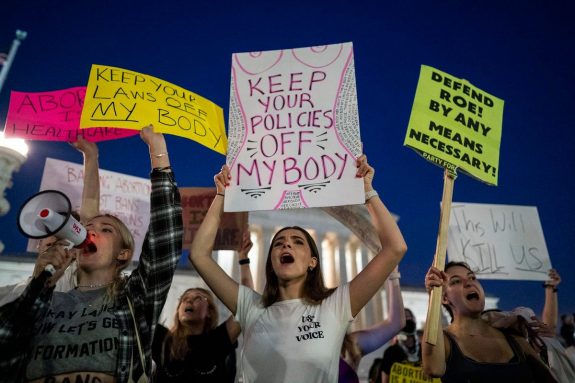










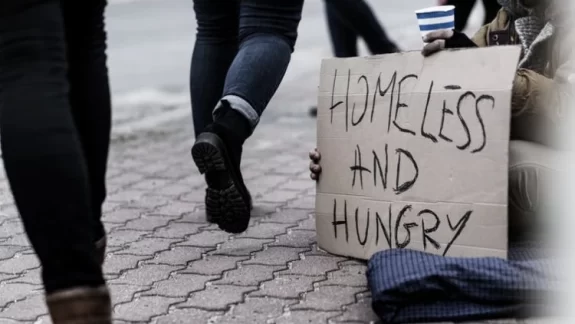

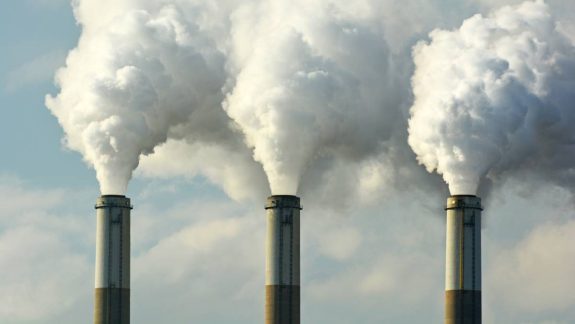
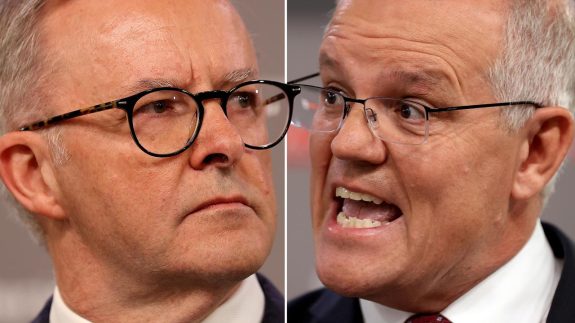
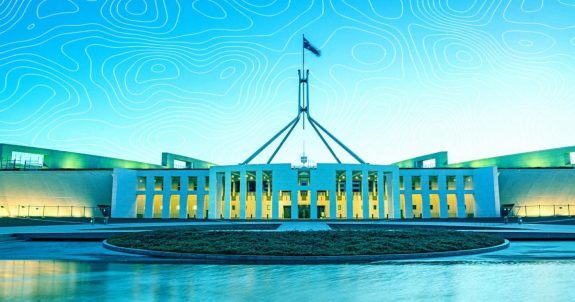
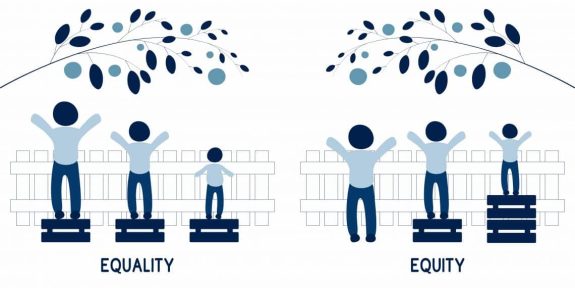
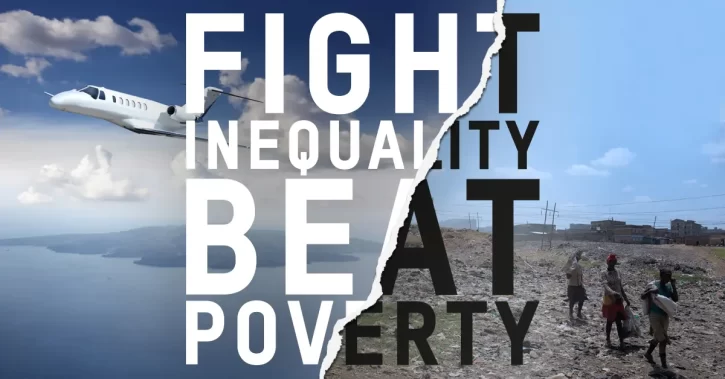
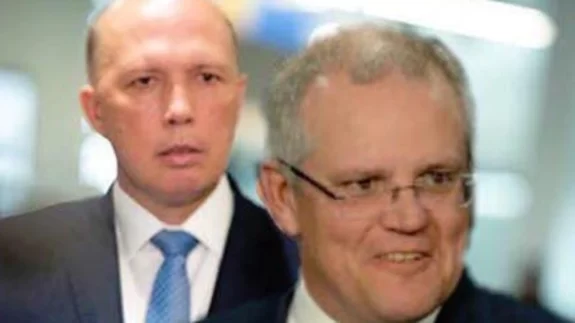
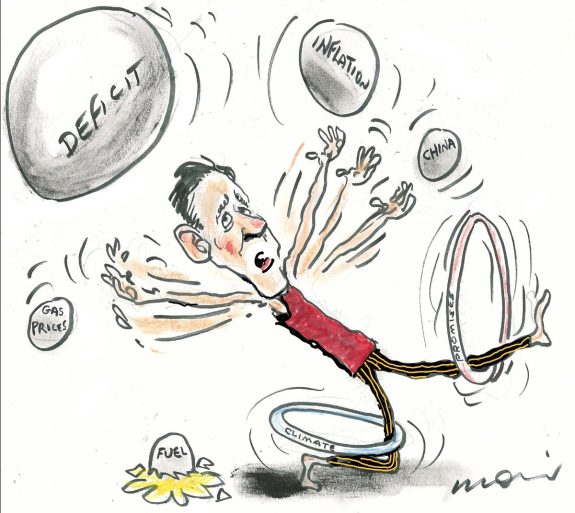


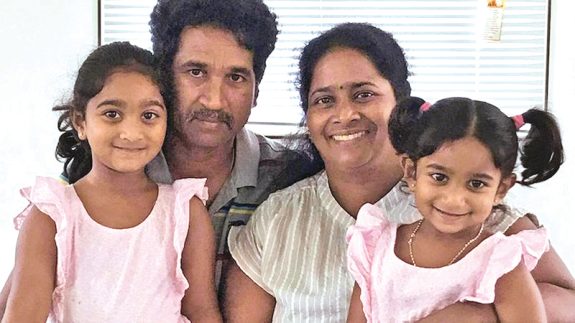
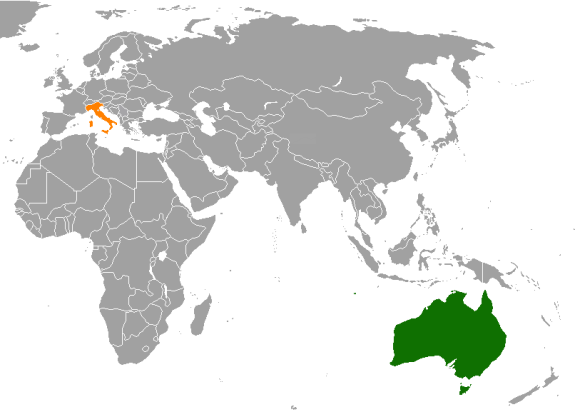


 George Venturini (pictured) was a larger than life figure who attracted admirers but also detractors on account of his forceful personality. He was a public intellectual with only a minor public in Australia, not least because of the mainstream media’s indifference to his presence and contribution. His conflict with the then Fraser government over the effectiveness and fate of the Whitlam-inaugurated Trade Practices Commission, and his disdain for the corruption in Australian politics in general, makes his life of relevance to political economists.
George Venturini (pictured) was a larger than life figure who attracted admirers but also detractors on account of his forceful personality. He was a public intellectual with only a minor public in Australia, not least because of the mainstream media’s indifference to his presence and contribution. His conflict with the then Fraser government over the effectiveness and fate of the Whitlam-inaugurated Trade Practices Commission, and his disdain for the corruption in Australian politics in general, makes his life of relevance to political economists.